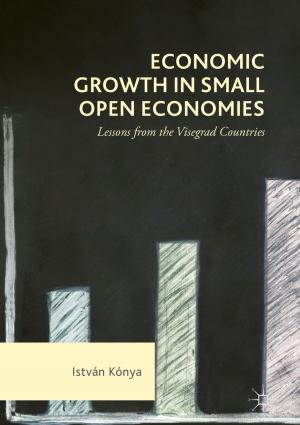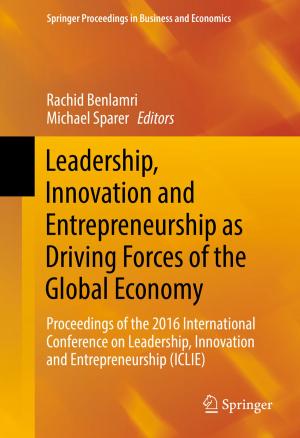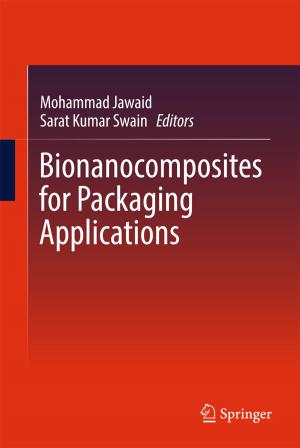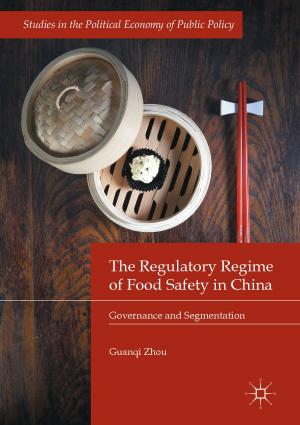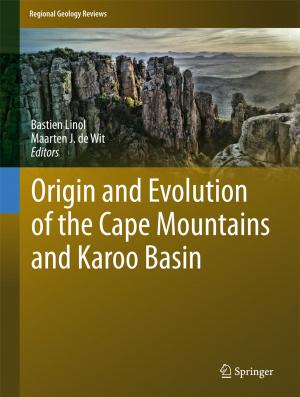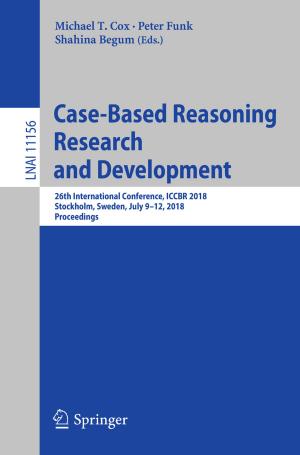The Water, Energy, and Food Security Nexus in the Arab Region
Nonfiction, Science & Nature, Science, Chemistry, General Chemistry, Business & Finance, Industries & Professions, Industries, Technology| Author: | ISBN: | 9783319484082 | |
| Publisher: | Springer International Publishing | Publication: | December 1, 2016 |
| Imprint: | Springer | Language: | English |
| Author: | |
| ISBN: | 9783319484082 |
| Publisher: | Springer International Publishing |
| Publication: | December 1, 2016 |
| Imprint: | Springer |
| Language: | English |
This book investigates the need for a more open and interdisciplinary dialogue on the nexus of food, water and energy security in the Arab region. It argues that achieving sustainable economic development is irretrievably tied to the security of the water–energy–food nexus, which is in turn essential for bringing about sustained peace. Further, it discusses various approaches to achieving these lofty objectives, and offers the following take-away messages:
-
The Arab region is currently under considerable water stress, and the situation will continue to get worse with a number of global changes – most notably those related to climate and regional water distribution.
-
Viable solutions are available in the Arab region and can be implemented through innovative policies, judicious use of new technologies, and stimulating public opinion.
-
Integration across water, energy, and food sectors is obviously needed but achieving it in practice is extremely challenging.
-
There are some gaps in the scientific understanding but at the same time there is a wealth of data and synthesized information that can guide decision-making.
This book investigates the need for a more open and interdisciplinary dialogue on the nexus of food, water and energy security in the Arab region. It argues that achieving sustainable economic development is irretrievably tied to the security of the water–energy–food nexus, which is in turn essential for bringing about sustained peace. Further, it discusses various approaches to achieving these lofty objectives, and offers the following take-away messages:
-
The Arab region is currently under considerable water stress, and the situation will continue to get worse with a number of global changes – most notably those related to climate and regional water distribution.
-
Viable solutions are available in the Arab region and can be implemented through innovative policies, judicious use of new technologies, and stimulating public opinion.
-
Integration across water, energy, and food sectors is obviously needed but achieving it in practice is extremely challenging.
-
There are some gaps in the scientific understanding but at the same time there is a wealth of data and synthesized information that can guide decision-making.

